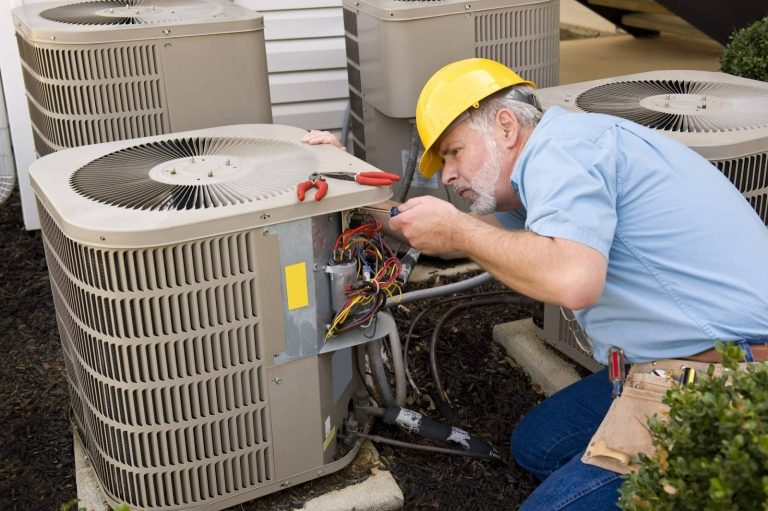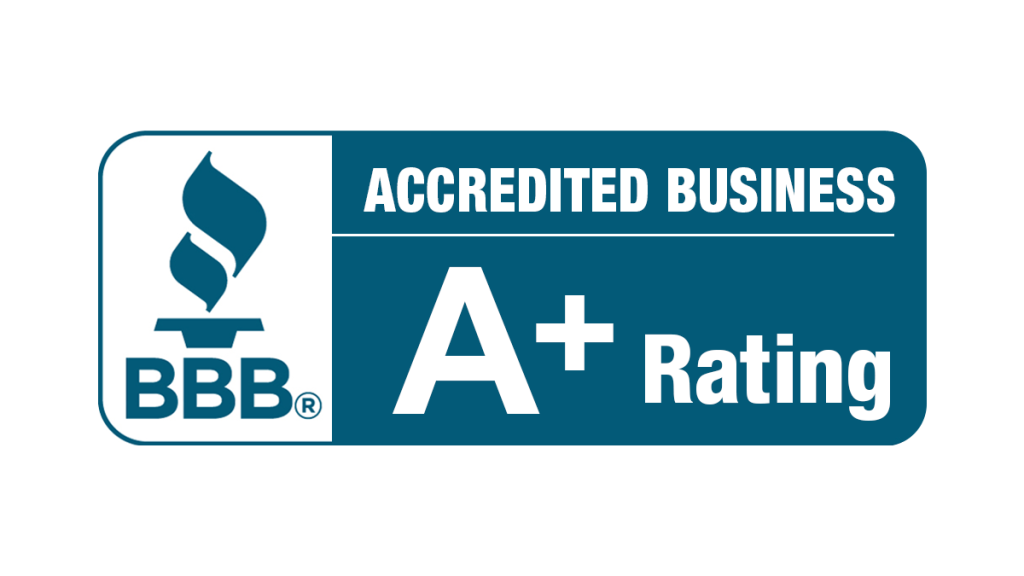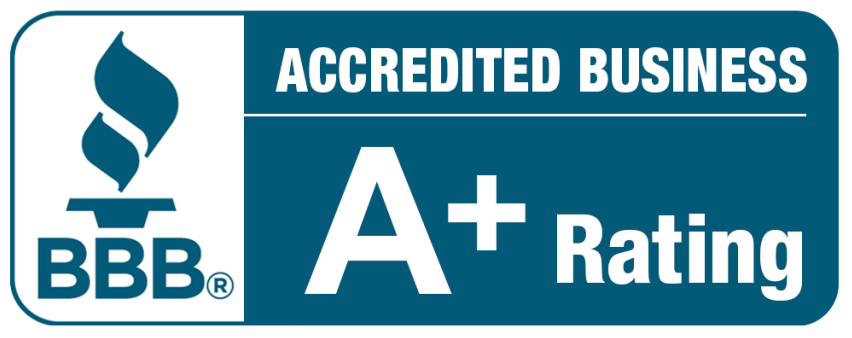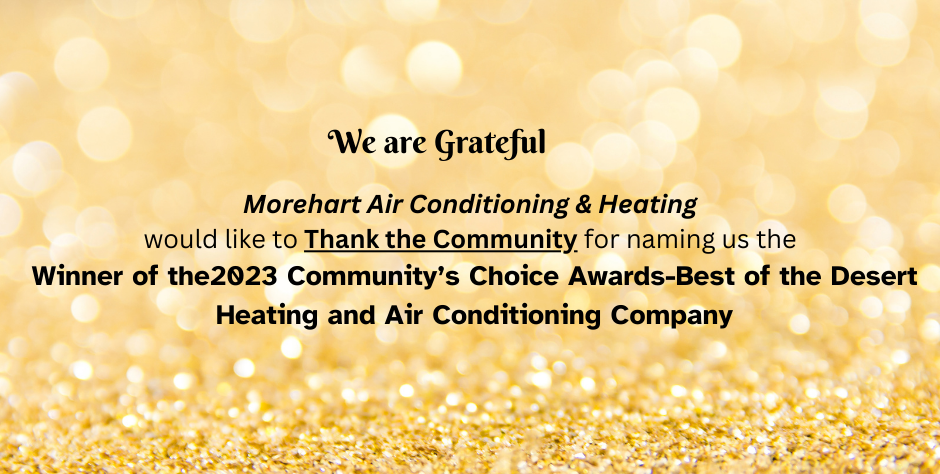
If you own a business in Arizona, then you’ll understand the importance of having a commercial HVAC system that improves your energy efficiency and indoor air quality. However, with the different types of HVAC system in the market, you can get confused when making a choice, especially if you don’t understand HVAC systems and your business needs.
That is why we’ve written this article to help you select the best commercial HVAC system that will reduce your energy costs and enhance your work productivity.
Key Highlights
-
- You need to understand how a commercial HVAC system works. This will give you an edge when choosing the best HVAC system that will suit your business needs.
-
- Try to find out the size of your building and the heating and cooling loads you’ll need to enhance the indoor air quality of your business space.
-
- When you want to install or maintain your commercial HVAC system, it’s wise to hire the services of a reputable HVAC contractor.
Understanding Commercial HVAC Systems
Don’t be in a hurry to choose a commercial HVAC system. You need to be sure you’re making the right choice for your business, and the first step in achieving this is by understanding the basics of how these systems work.
A commercial HVAC system is a bit different from the HVAC system in your home. It’s designed to provide heating, ventilation, and air conditioning solutions for larger spaces, such as office buildings, hospitals, and retail stores.
Unlike your residential HVAC system, commercial HVAC systems can comfortably handle higher cooling and heating loads. If you install the right system in your establishment, you’ll be creating a safe working space for you, your employees, and your customers.
Some Components of a Commercial HVAC System
Here are some of the major parts of a commercial HVAC system that help meet the heating, cooling, and ventilation requirements of your commercial space.
-
- Air conditioner: If the weather is hot and you need that cool air to concentrate on the task at hand, then an air conditioner comes in handy. It’s an important part of your HVAC system that aids in cooling the air and extracting heat from your indoor environment.
-
- HVAC unit: The HVAC unit in your system enables you to regulate the temperature and the flow of air within your business premises.
-
- Heat pump: In winter, the weather gets chilly and you’ll need the warmth from your heat pump to warm you up. It helps in supplying your heating and cooling requirements by moving heat from one place to another.
-
- Air handler: When conditioned air is generated from your commercial HVAC system, your air handler plays a role of circulating the air within your building.
-
- Ductwork: The ductwork in your HVAC system also assists you in circulating the conditioned air to the different rooms in your office space from the HVAC unit.
-
- Thermostat: Your thermostat is what assists you in regulating the temperature in your workplace or in making adjustments to your heating and cooling system.
-
- Ventilation system: Your ventilation system is what introduces fresh air into your building and also exhausts stale air from the building.
If you understand these elements, you won’t have a problem deciding on the best commercial HVAC system for your business.
Types of Commercial HVAC Systems
There are several types of commercial HVAC systems that are available in the market and are commonly used in commercial buildings. Here are some of them:
-
- Centralized systems: If you’re working in a large business area, then you can invest in a central system. This kind of commercial HVAC system has a central unit that supplies heat, cool air and ventilation in your building.
-
- Decentralized systems: You can also choose a decentralized commercial HVAC system if you prefer a flexible and energy-saving approach. They have several small units that are able to supply heating and cooling to separate zones or rooms in your business space.
-
- Variable refrigerant flow (VRF) systems: If you need a HVAC system that will help you reduce your energy consumption and control the temperature of each room in your building simultaneously, then a VRF system is the best choice for you.
Step-by-Step Guide to Choosing the Right Commercial HVAC System for Your Business Needs
Making the right choice when you want to choose a commercial HVAC system for your business is vital. You’ll need to carefully consider some important steps before installing an HVAC system in your business space. Here are some steps you might want to consider:
-
- Check your business needs. You should find out the size of your business, its industry-specific requirements, and the suitable air quality you’ll need to maintain a healthy work space.
-
- Evaluate the type of commercial HVAC system your workspace will need to enhance your productivity when working.
-
- You should also gather any essential equipment and resources you may need to make an informed decision, such as air handlers and your building blueprints.
-
- Take your time to carefully select a reputable HVAC contractor that will satisfy the HVAC needs of your business.
-
- Set your budget. However, try to make it flexible as you need to consider the quality and long-term operating costs of the HVAC system.
-
- Make sure you ask for a detailed proposal from different HVAC contractors and compare the features, costs, and warranties to ensure you get the best HVAC system for your business.
If you consider these steps, choosing a commercial HVAC system that suits your business needs won’t be a hassle.
Maintenance Schedule For Your Commercial HVAC System
It is not enough to install a commercial HVAC system, you will also need to adhere to some maintenance schedule if you want your heating and cooling system to last long. Here are some maintenance routines you may wish to adopt if you want to avoid future problems and increase the lifespan of your equipment.
-
- Monthly: It is recommended to inspect and change your air filters at least once a month to ensure that your building’s air is fresh and clean.
-
- Quarterly: You can also check and clean your condenser and evaporator coils to facilitate heat transfer in your working environment.
-
- Annually: It is advisable to arrange for a detailed maintenance check by a professional technician. They will assist you in inspecting your system components, checking electrical connections, and adjusting the controls to ensure that your system does not fail when you most require it.
-
- Biannually: Make sure that you grease the moving parts of your HVAC unit at least twice a year, for instance, your fan motors and bearings. This goes a long way in preventing friction and thus reducing the amount of wear and tear on your HVAC parts.
Advice From The Experts
If you’re having trouble selecting the best commercial HVAC system for your business needs, it’s wise to call an expert technician. They can help you assess the size of your business and advice you on the type of HVAC system that best suits your building. That’s not all. They also prioritize sustainability and can schedule routine maintenance checks for your system to ensure it runs smoothly for a long time.
Are you living in Arizona? Morehart Air Conditioning and Heating is the right HVAC installation company nearby. We’re skilled in commercial HVAC installation, repair, maintenance, and upgrades. We can assess your business needs to help you choose the right HVAC system that will improve your indoor air quality and work productivity. Reach out to us today and let’s give you quality services at affordable rates.
Frequently Asked Questions
A commercial HVAC system provides heating, ventilation, and air conditioning solutions for larger spaces such as office buildings, hospitals, and retail stores. It differs from residential systems by handling higher cooling and heating loads suitable for commercial environments.
Key components include:
- Air Conditioner: Cools the air and extracts heat.
- HVAC Unit: Regulates temperature and air flow.
- Heat Pump: Provides heating by moving heat from one place to another.
- Air Handler: Circulates conditioned air within the building.
- Ductwork: Distributes air to different rooms.
- Thermostat: Controls the temperature settings.
- Ventilation System: Introduces fresh air and exhausts stale air.
- Centralized Systems: Suitable for large areas with a central unit supplying heat, cool air, and ventilation.
- Decentralized Systems: Consist of multiple small units providing heating and cooling to separate zones or rooms.
- Variable Refrigerant Flow (VRF) Systems: Allow for simultaneous temperature control in different rooms and are energy-efficient.
Follow these steps:
- Assess your business size and specific needs.
- Determine the type of HVAC system that will enhance productivity.
- Gather equipment details and building blueprints.
- Select a reputable HVAC contractor.
- Set a flexible budget and compare proposals from different contractors.
In Arizona, Morehart Air Conditioning and Heating offers expert HVAC installation, repair, maintenance, and upgrades. They can help assess your business needs and provide quality services at affordable rates.




